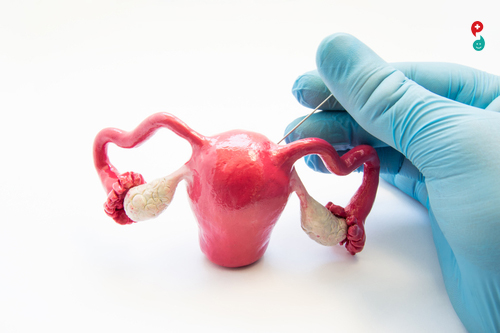
Your medical history is an important tool for your doctor in determining whether you have premenstrual syndrome Your medical history includes your:
Record of your PMS symptoms, menstrual dates, and ovulation dates, if possible. It may help to keep a menstrual diary
History of PMS-like symptoms.
Menstrual history (age when you had your first period, problems related to menstruation such as cramping).
Pregnancy history (whether you've had children, what your pregnancies and deliveries were like, and what kinds of birth control you've used).
Family health history (female relatives with PMS).
Sexual history, including sexually transmitted infections (STIs)
Based on the length and regularity of your menstrual cycles your doctor will try to determine whether you are releasing an egg from the ovariesClick here to see more information. each month
Your doctor may also ask you about your mental health history, including:
Past episodes of depressionClick here to see more information., bipolar disorder anxiety panic attacks or other mental illness.
Current symptoms of depression, anxiety, panic attacks, personality disorder, or attention deficit hyperactivity disorder (ADHD).
Family history of mental illness.
History of depression after childbirth postpartum depression
PMS can cause emotional and behavioral symptoms similar to those of depression or ADHD, so it's important to find out whether you have one of these problems. Some of these problems can get worse during the premenstrual phase. If you have PMS as well as another disorder, you may need treatment for both conditions.
Why It Is Done
Your doctor will take your medical history if you are having any symptoms of PMS. If your symptoms affect your mood or behavior, a mental health history is important.
Results
A diagnosis of PMS is indicated when:
Your symptoms consistently occur (or get worse) between the day you ovulate and the first days of your period. While just over 50 out of 100 women ovulate around 2 weeks before their period, the time of ovulation can vary from woman to woman and month to month. Use a menstrual diary to keep track of when your symptoms occur.
Your medical history does not suggest any other conditions that may be causing your symptoms.
What To Think About
No single test can diagnose PMS. A diagnosis of PMS is usually based on your symptoms and medical history. Tests to check for other medical conditions that might be causing symptoms should be done only as needed.







